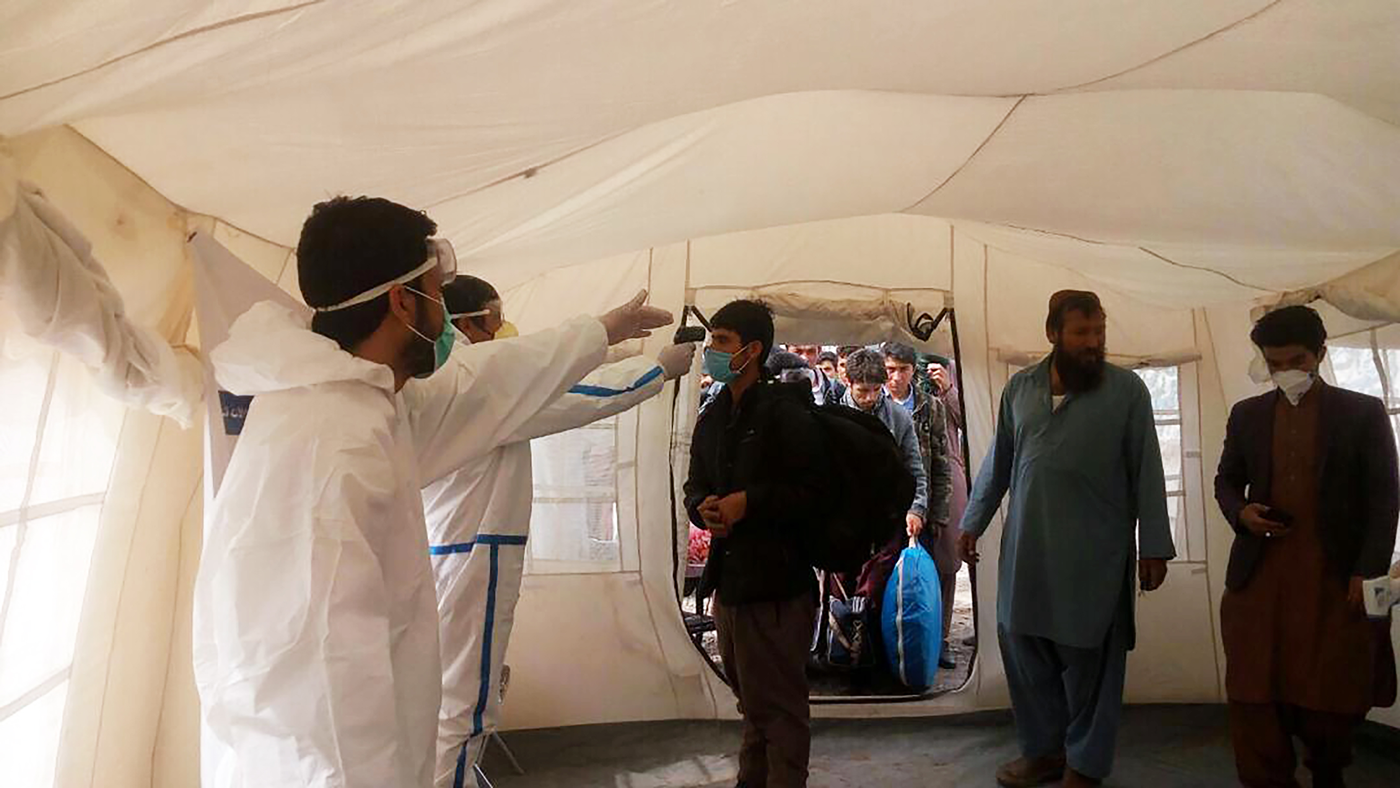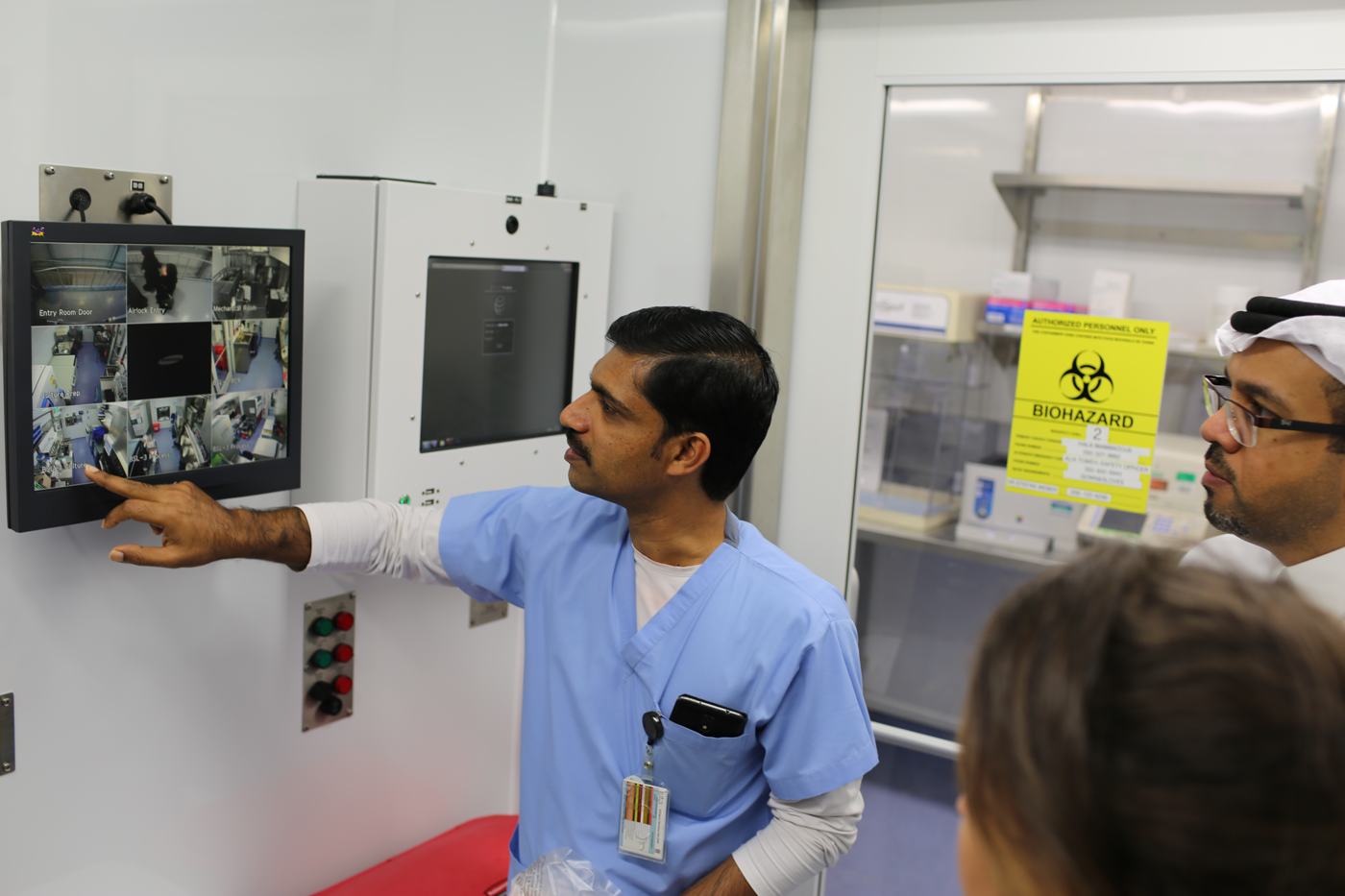 The Framework provided support to 9 countries of the PIP Framework Partnership Contribution. Cairo, 1 September 2022 – The WHO Regional Office for the Eastern Mediterranean has recently published a report on implementation of the Pandemic Influenza Preparedness (PIP) Framework in the Region, 2020–2021, which highlights achievements in the 9 recipient countries of the PIP Framework Partnership Contribution. Funds allocated under the PIP Framework Partnership Contribution have been instrumental in building systems and capacities to detect, prepare for, and respond to pandemic influenza.
The Framework provided support to 9 countries of the PIP Framework Partnership Contribution. Cairo, 1 September 2022 – The WHO Regional Office for the Eastern Mediterranean has recently published a report on implementation of the Pandemic Influenza Preparedness (PIP) Framework in the Region, 2020–2021, which highlights achievements in the 9 recipient countries of the PIP Framework Partnership Contribution. Funds allocated under the PIP Framework Partnership Contribution have been instrumental in building systems and capacities to detect, prepare for, and respond to pandemic influenza.
Support provided to the 9 countries under the Framework was also used to respond to the COVID-19 pandemic utilizing the capacities, assets, platforms and also the structural concepts, developed initially for the influenza response.
The report details how support under the PIP Framework Partnership Contribution in 2020–2021 supported countries in strengthening laboratory training and pandemic preparedness planning, conducting pandemic influenza severity assessment and improving outbreak detection and response, in addition to conducting joint investigations and risk assessments to strengthen the human-animal interface.
In spite of the challenges faced by countries, including COVID-19 and political instability, country achievements included Lebanon, Syria and Somalia establishing and activating surveillance systems, and Sudan sharing viruses and genomic epidemiological data, for the first time, through the Global Influenza Surveillance and Response System (GISRS). Jordan and Egypt started to institutionalize the concept of the “One Health” approach and improve animal-human interface coordination to better prepare for future pandemics. Syria also developed an influenza pandemic preparedness plan for the first time, while an additional 4 countries began updating their national plans. Genomic sequencing capacity was also built in both PIP-supported countries and other countries.
 PIP Framework offered trainings and field visits. Eastern Mediterranean Flu II (EMFLU), a regional platform for sharing epidemiological and virological data on influenza, was also launched in the Region to improve the quality and performance of influenza surveillance by collecting and analysing severe acute respiratory illness (SARI) data according to specified case definitions for both virological and epidemiological data.
PIP Framework offered trainings and field visits. Eastern Mediterranean Flu II (EMFLU), a regional platform for sharing epidemiological and virological data on influenza, was also launched in the Region to improve the quality and performance of influenza surveillance by collecting and analysing severe acute respiratory illness (SARI) data according to specified case definitions for both virological and epidemiological data.
The report also examines the impact of PIP investment on health systems, presents regional and country profiles and stories from the field, highlights best practice, details financial reporting and lays out future plans.
The PIP Framework was adopted in May 2011 by the 64th World Health Assembly to provide a foundation for countries, WHO and key partners to improve the sharing of influenza viruses with pandemic potential and increase the access of developing countries to vaccines and other life-saving products during a pandemic.
The 9 recipient countries of the PIP Framework Partnership Contribution in WHO’s Eastern Mediterranean Region in 2020–2021 were Afghanistan, Egypt, Iraq, Jordan, Lebanon, Morocco, Sudan, Syrian Arab Republic and Yemen, with Somalia joining in 2022.








